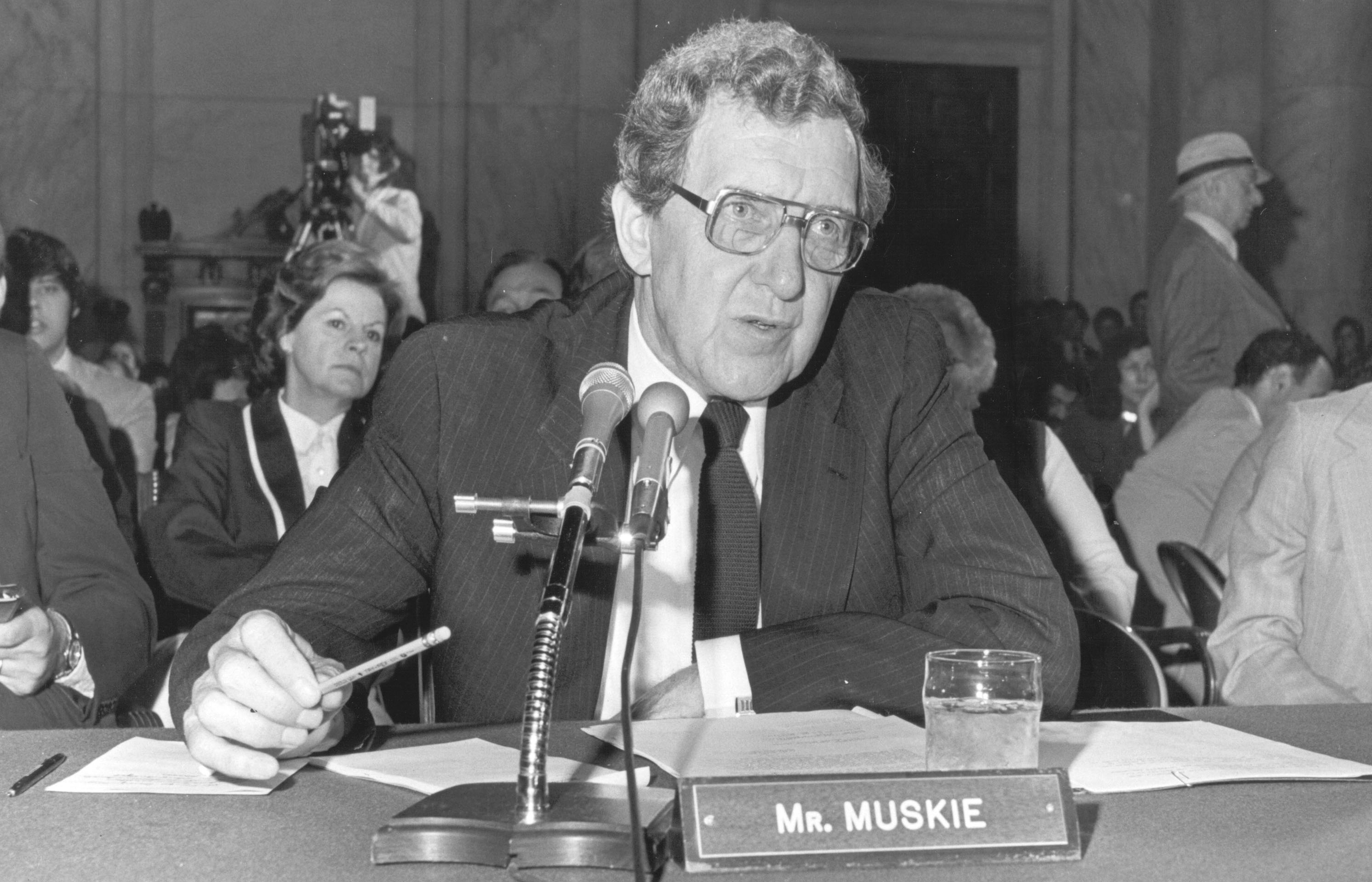
Edmund S. Muskie Oral History Collection
Document Type
Oral History
Loading...
Publication Date
9-27-1999
Interview Number
MOH 152
Abstract
Geneva Kirk was born in Lewiston, Maine in 1917. She attended Lewiston High School and Bates College, graduating in the class of 1937 with a major in French. She began her graduate work at Bates and finished at University of Maine, Orono and New York Long Island, earning her master’s degree in Education. She worked as a teacher in the Norridgewock school system, then for the Central Maine Medical Center School of Nursing for two years. She worked in the Augusta school system for four or five years, then taught in Lewiston from 1948-1979. She was president of the Lewiston Teachers Association, member of the Maine Teachers Association, on the Board of the Technical College System and the Board of the University College System and on the Maine State Museum Commission. She worked with United Way for 20 years. She has been president of the Maine Retired Teachers’ Association.
Use Restrictions
Copyright Bates College. This transcript is provided for individual Research Purposes Only; for all other uses, including publication, reproduction and quotation beyond fair use, permission must be obtained in writing from: The Edmund S. Muskie Archives and Special Collections Library, Bates College, 70 Campus Avenue, Lewiston, Maine 04240-6018.
Recommended Citation
Gethin-Jones, Meredith, "Kirk, Geneva oral history interview" (1999). Edmund S. Muskie Oral History Collection. 194.
https://scarab.bates.edu/muskie_oh/194


Scope and Content Note
Interview includes discussions of: Bates College; 1954 Maine gubernatorial campaign; Androscoggin River; the Great Depression; Lewiston political atmosphere in the 1930s; attending Bates while living at home; Lewiston/Bates tensions; attitudes of earlier administrators; Professor Ray Gould; Lewiston High School 1944 or 1945 ban on speaking French; French/Irish tensions; shoe shops and strike; effects of World War II; naval training at Bates College; married women not being able to teach; Lewiston politics in the 1920s and 1930s; Grand Trunk Railroad; Louis Jalbert; CMTC Kirk Auditorium; role of the “Y” in the community; naturalization classes; Muskie’s distinctive voice; and Elder Hostel.